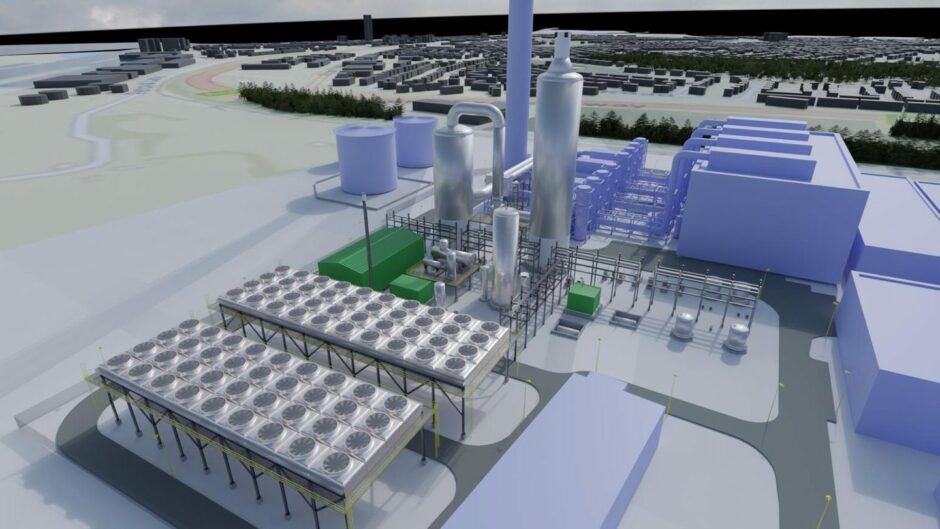
Backers of a major CCS cluster in north-west England have completed pre-FEED work for a carbon capture and storage project in Runcorn.
Engineering consultancy COWI said on Wednesday that it had completed pre-FEED work on the proposed carbon capture element of a major energy-from-waste scheme (EfW) in the north west.
Forming part of the HyNet cluster, the £400 million Runcorn CCS Project would be one of the first EfW facilities in the world to deploy carbon capture technology.
Acting as owners engineer on behalf of plant operator Viridor, COWI worked with project stakeholders to develop a design basis for the carbon capture plant as well as project timelines, and reviewed cost and specifications from vendors for technology installation.
Alongside the East Coast Cluster, HyNet was selected as one of the two Track-1 CCUS clusters to receive funding from the UK government in November 2021, beating rival projects including north-east Scotland’s Acorn and the Viking scheme in South Humber.
Following the Spring Budget, minister confirmed HyNet is now shortlisted for the final stage in the Track 1 sequencing process, via which it will proceed to negotiations for business support.
Once operational, the facility is set to capture around 900,000 tonnes of CO2 each year, 50% of which includes biogenic CO2, removing 450,000 tonnes from the atmosphere annually and providing “stable baseload supply” to the wider HyNet cluster.
COWI said it had drawn on leading experts to review plans for integrating CCS technology with the existing EfW plant, with several optimisations put forward to maximise energy efficiency.
Adaptations to the condensate cooling design were also recommended to overcome challenges of a limited site footprint.
COWI senior market director Damian McGirr said: “Deploying carbon capture and storage in the UK will be pivotal to reaching net zero by 2050. That’s why we are thrilled to be working with Viridor on one of the world’s largest carbon capture projects at an energy from waste plant.
“Projects like this will play a key role in helping the UK reach its goals by accelerating the adoption of CCS technologies in the industrial sector and we are delighted to be part of that journey.”
The project will now move into a transition phase ahead of FEED with the CCS technology expected to be deployed by 2025.
Recommended for you
